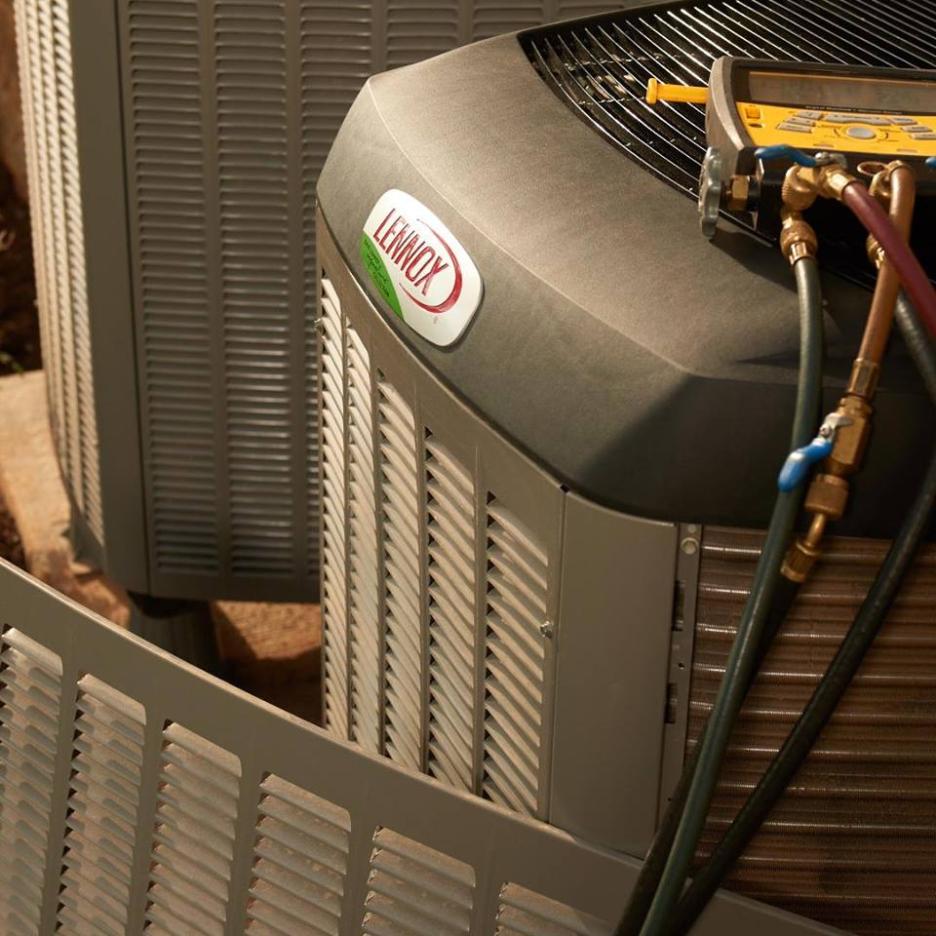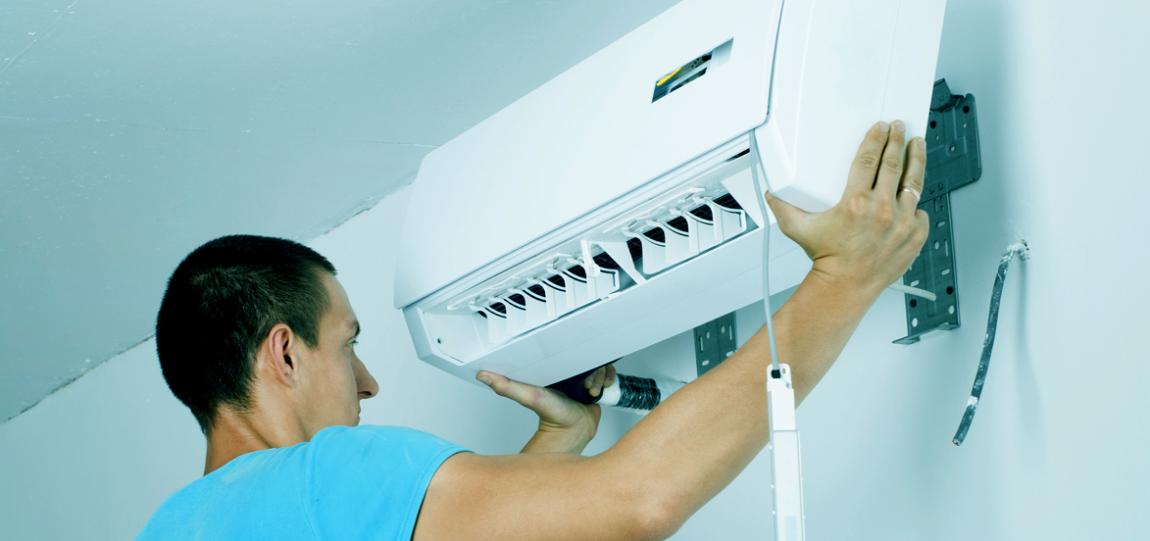How Can I Troubleshoot Common Air Conditioner Problems?
During the scorching summer months, a properly functioning air conditioner is not just a luxury but a necessity. However, even the most reliable AC units can experience occasional problems that can disrupt your comfort and lead to higher energy bills.

Common Air Conditioner Problems And Their Impact On Comfort And Energy Efficiency
Here are some of the most common air conditioner problems and their potential impact:
- Air conditioner not turning on: This can lead to a complete loss of cooling, making your home unbearably hot and uncomfortable.
- Air conditioner blowing warm air: This can make it difficult to achieve a comfortable temperature, even when the AC is running.
- Air conditioner making strange noises: Unusual noises, such as rattling, grinding, or squealing, can indicate a mechanical problem that needs attention.
- Air conditioner leaking water: Water leaks can damage your flooring and furniture, and they can also be a sign of a more serious problem, such as a refrigerant leak.
Troubleshooting Common Air Conditioner Problems
Before calling for professional help, there are a few things you can do to troubleshoot common air conditioner problems:
Identifying The Problem
- Check the thermostat settings: Make sure the thermostat is set to the desired temperature and that it is in the "cool" or "auto" mode.
- Inspect the air filter: A dirty or clogged air filter can restrict airflow and cause the AC to work harder, leading to reduced cooling efficiency and higher energy bills. Clean or replace the air filter monthly.
- Examine the outdoor unit: Check the outdoor unit for any obstructions, such as leaves, debris, or overgrown vegetation. Clear away any obstructions to ensure proper airflow.
- Listen for unusual noises or odors: If you hear strange noises or smell burning odors coming from the AC unit, turn it off immediately and call a qualified technician.
Troubleshooting Specific Problems
If you have identified a specific problem with your air conditioner, here are some steps you can take to troubleshoot it:
Air conditioner not turning on
- Check the circuit breaker or fuse: The AC unit may be turned off at the circuit breaker or fuse box. Reset the circuit breaker or replace the blown fuse.
- Inspect the wiring connections: Loose or damaged wiring connections can prevent the AC unit from receiving power. Tighten any loose connections and replace any damaged wires.
- Replace the thermostat: A faulty thermostat can prevent the AC unit from turning on. Replace the thermostat with a new one.
Air conditioner blowing warm air
- Clean or replace the air filter: A dirty or clogged air filter can restrict airflow and cause the AC unit to blow warm air. Clean or replace the air filter monthly.
- Check the refrigerant levels: Low refrigerant levels can cause the AC unit to blow warm air. Have a qualified technician check the refrigerant levels and add more refrigerant if necessary.
- Inspect the outdoor unit for obstructions: Obstructions, such as leaves, debris, or overgrown vegetation, can restrict airflow to the outdoor unit, causing it to overheat and blow warm air. Clear away any obstructions to ensure proper airflow.
Air conditioner making strange noises
- Lubricate the fan motor: A dry fan motor can cause the AC unit to make strange noises. Lubricate the fan motor with a few drops of oil.
- Tighten loose screws or bolts: Loose screws or bolts can cause the AC unit to vibrate and make noise. Tighten any loose screws or bolts.
- Replace worn-out bearings: Worn-out bearings can cause the AC unit to make grinding or squealing noises. Replace the worn-out bearings with new ones.
Air conditioner leaking water
- Check the drain line for clogs: A clogged drain line can cause water to leak from the AC unit. Clear the drain line of any clogs.
- Inspect the evaporator coil for leaks: A leak in the evaporator coil can cause water to leak from the AC unit. Have a qualified technician inspect the evaporator coil for leaks and repair or replace it if necessary.
- Replace the condensate pump: A faulty condensate pump can cause water to leak from the AC unit. Replace the condensate pump with a new one.
Tips For Preventing Air Conditioner Problems

Regular maintenance and proper usage can help prevent air conditioner problems and keep your unit running efficiently for years to come:
Regular Maintenance
- Schedule annual tune-ups: Have a qualified technician perform an annual tune-up on your AC unit to identify and fix any potential problems before they become major issues.
- Clean or replace the air filter monthly: A clean air filter helps ensure proper airflow and prevents the AC unit from working harder than necessary. Clean or replace the air filter monthly, or more often if you have pets or live in a dusty area.
- Keep the outdoor unit clear of debris: Keep the outdoor unit clear of leaves, debris, and overgrown vegetation to ensure proper airflow.
Proper Usage
- Avoid setting the thermostat to extreme temperatures: Setting the thermostat to extreme temperatures can put unnecessary strain on the AC unit and lead to higher energy bills. Aim for a comfortable temperature setting between 72 and 78 degrees Fahrenheit.
- Use ceiling fans to circulate air: Ceiling fans can help circulate air and distribute cool air more evenly throughout the room, allowing you to raise the thermostat setting slightly without sacrificing comfort.
- Close curtains and blinds during the day: Closing curtains and blinds during the day can help keep the sun's heat out and reduce the workload on the AC unit.
When To Call A Professional
While some air conditioner problems can be fixed with basic troubleshooting, others require the expertise of a qualified technician. Call a professional if you experience any of the following:
- Complex problems that require specialized knowledge and tools
- Electrical issues that pose a safety hazard
- Refrigerant leaks that require professional repair
Addressing air conditioner problems promptly can help prevent further damage and costly repairs. Regular maintenance and proper usage can also help extend the lifespan of your AC unit and keep your home comfortable all summer long.
YesNo

Leave a Reply